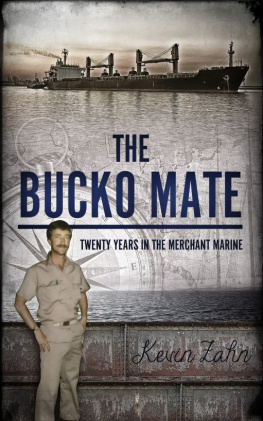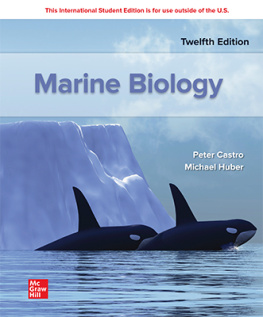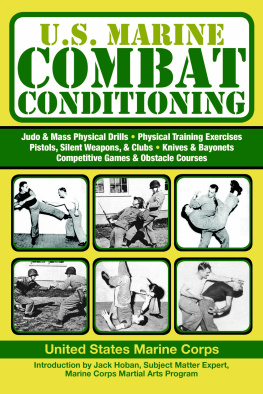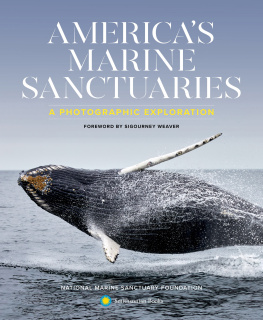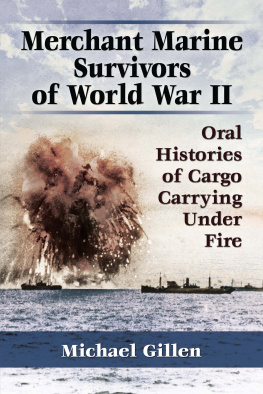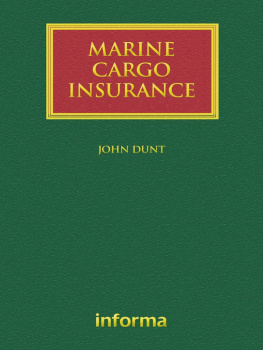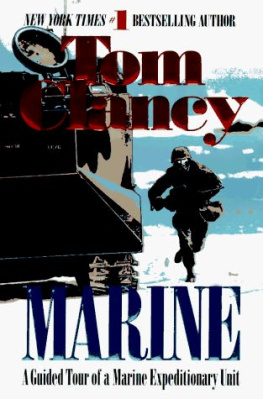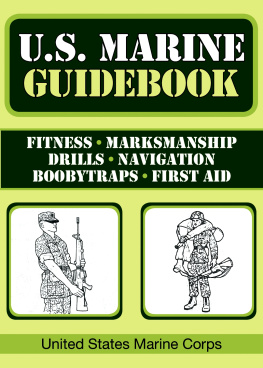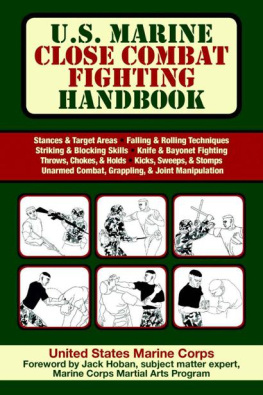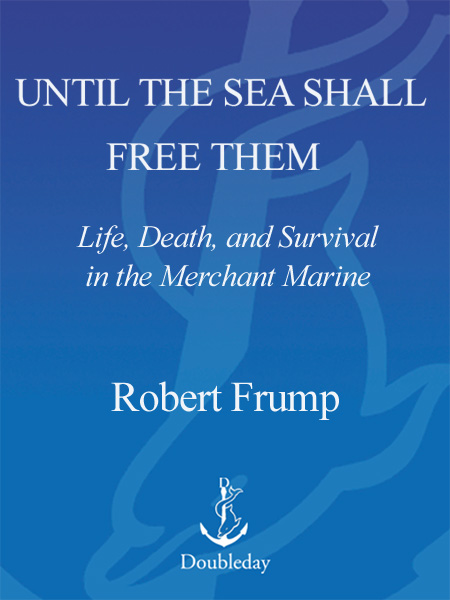
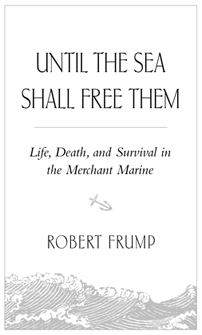
DOUBLEDAY
New York / London / Toronto / Sydney / Auckland
CONTENTS
for SUZANNE
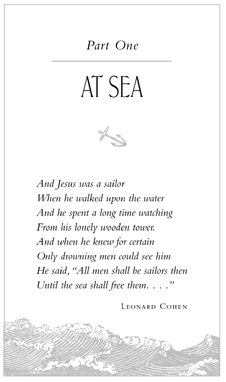
Chapter One
CASTING OFF

Whenever I find myself growing grim about the mouth; whenever it is a damp, drizzly November in my soul; whenever I find myself involuntarily pausing before coffin warehouses, and bringing up the rear of every funeral I meet; and especially whenever... it requires a strong moral principle to prevent me from deliberately stepping into the street and methodically knocking peoples hats offthen, I account it high time to get to sea as soon as I can.
HERMAN MELVILLE
10:00 P.M. / THURSDAY, FEB. 10, 1983 / COAL TERMINAL
NORFOLK, VIRGINIA
At the loading pier near Norfolk, Bob Cusick, the veteran chief mate, spread steam coal into the holds of the Marine Electric like a pastry chef layering a cake. No chunk was larger than a Ping-Pong ball, and some of the coal was just black powder. In bulk, the coal formed a huge mass, heavier than 10,000 automobiles, and it had to be loaded carefully so that the ship remained balanced.
Huge chutes passed over the ship and dumped black coal evenly at Cusicks command. Normally, it took three passes to load a ship this size, but Bob Cusick had done this more than a few times. He almost never needed the third, finishing pass. That was an advantage of time on the water, of time on the piers. There was a lot he knew, a lot hed seen that the younger kids aboard ship might never see.
Still, Cusick always felt the excitement of leaving, of casting off, of starting the voyage. All of them, all thirty-four seamen and officers, felt it, even if this would be just a milk run up the coast, Virginia to Massachusetts and back, shuttling coal to the power plants of New England.
There were a number of green kids on the ship who felt the excitement more than Cusick, and he wondered what they must think he was doing now. For anyone with just a few months at sea would think Bob Cusick was cheating. Clearly, the chief mate of the Marine Electric was overloading his shipshe had sunk below the legal load line. You could see it, if you knew just enough about the business not to know what you didnt know. Cusick had filled the hatches with 23,000 tons of coal on top of the 1,800 tons already there. And now the ship was five inches below its legal load line.
Or so it seemed. The truth was that Marine Transport Lines, the owner, never asked Cusick to overload a ship. That was one thing he liked about this job.
Another truth was that Cusick had checked the salinity of the harbor water carefully. It measured 1.013 on his hydrometer. That meant the harbor water was far less salty than ocean water. So when the Marine Electric sailed into the ocean, she would rise magically, like some huge high school science fair display, leaving her load line comfortably above the waterline.
Only there was nothing magic about it. It was professional procedure. And it was how Cusick got and kept a job that paid him well at a time when American maritime work was scarce.
He liked this job, and he liked the men he worked with. Most all of them, with their different ranks and duties, had drifted back to the ship as he was loading it.
They were members of diverse tribes with diverse skills, and on some ships, the tribes never got along. There were the officers, of course. Deck officers, like the third mate, navigated and steered the ship. Engineers, like the first assistant engineer, kept the turbines humming and the power up. Ordinary seamen fell near the bottom of the organizational chart, just learning the business. Able-bodied seamen, or ABs, were veteran, skilled seamen. Oilers and wipers worked the engine room down below, assisting the engineers. At the bottom of the officer social order were the cadetsthe men and women still in a maritime academy who shipped out for the first time on an American merchant vessel.
Fissures would form along these differences in rank and mission on many ships. The deck officers and engineers grumbled at each other and did not fraternize. Deck crews and the engine room workers followed the lead of the officers. They blamed each other for problems and held grudges.
But Cusick, the chief mate and second in command of the Marine Electric, mingled with all the men and set the tone for the ship. They had their differences, as men do, but they all pretty much got along.
Certainly all classes and ranks on the Marine Electric joined together to poke gentle fun at George Wickboldt, the cadet. The cadet was in love, they said. It seemed a real romance. Cusicks friend Mike Price, the first assistant engineer, had taken the cadet under his wing and treated him like family, even took him home to Massachusetts. There Wickboldt met a pretty young girl named Cathy. They had hit it off, became an item, and the whole ship kidded George about his love life. Price even speculated that the two kids might get married some day.
But the crew, all of them, made certain the ribbing never turned nasty. This was so because all of them knew the Wickboldt story, and there was an unspoken agreement among them to watch out for the kid.
The cadets family lived on Long Island near the Sound, and the four sons of the Wickboldt family had been called to sea. The family dream was to restore a large wooded property they owned on a lake in New Hampshire. There, no matter how far the seafaring sons roamed, they could have places near their parents. A year earlier, theyd begun planning to renovate the old house there.
And while George Wickboldt was quiet about the story, the crew all knew what happened to that dream. All of them heard what had happened only a year before to Georges older brother Steven. And all of them knew it could as easily happen to them.
Take the wrong turn. Stop for a moment. Do some inconsequential thing you would not even think about. Go left instead of right. On board a ship you could be dead or maimed in an instant.
Twenty-four-year-old Steven Wickboldt sailed on the Golden Dolphin, a modern oil tanker. He was a conscientious man who took pride in his work. It was a Wickboldt family tradition.
But his ship had two routine maintenance problems in March 1982 as she sailed from Louisiana to Dubai on the Persian Gulf. The first problem was common to all tankers. Sludge had accumulated in the cargo tanks. It had to be removed. The only way to do it was the old-fashioned way: sending men down in the tanks with shovels to muck it out manually.
The other problem was more technical and required skilled labor. The steam lines that ran into the cargo tanks were so corroded that they did not work. These lines were important because oil sometimes had to be warmed to make it portable and pumpable. And the sludge now lining the cargo tanks of the Golden Dolphin would be much easier to remove if the steam lines and heating coils in the tank were activated. The heat turned the oil from a hard, unpliable solid to a more liquid, movable muck.
On the Golden Dolphin, the steam lines connecting the engine room to the cargo holds snaked along the deck and had succumbed to the corrosive powers of saltwater. The crew had tried to seal the leaks with fiberglass and epoxy patches, but to no avail. Steam leaked so badly that the pipes no longer did their job. It was clear the steam lines on deck had to be replaced, and the only way to do that was to break out the welding equipment and put in new lines.
Next page

